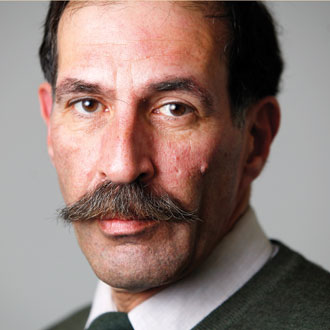Q Are plans still on track to roll out seven-day access across England by 2020?
In many cases, yes – CCGs are the bodies charged with doing this and many are already providing such services.
Q When have the pilots been extended until?
The PMCF runs out next year and unless there is a further extension of this funding, that will likely mark the end of the pilots.
Q What can GP practices do to make sure they are prepared for the scheme?
Practices should decide whether they wish to engage in seven-day access, either by themselves or through a federation or other collaboration of practices. To do this, assess patient need, practice capacity, profitability, and personal considerations. If your practice decides to sign up, draw up a sensible business case and ensure that you have worked out the true cost of delivering the service. Remember that increased access means impaired continuity of care as GPs are drawn away from core hours appointments.
Q How will practices be resourced to provide seven-day access?
Seven-day access money will come through either the current national Directed Enhanced Services (DES) or through a CCG commissioned local improvement service. The Prime Minister’s Challenge Fund (PMCF) is not intended to fund long-term delivery of extended access, but to fund pilots to establish the true costs of delivery and any other barriers.
Q How much funding will typically be available to practices to enable them roll out the plans if they were taken nationwide?
Funding levels are currently a matter of negotiation between federations and CCGs and may differ area to area but as an indication: if practice costs for GP, nurse, receptionist, and other staff time, along with premises and utilities, increased indemnity, and other overheads were factored in, we’d be looking at about £200 per hour. Depending on the final model used, opening 8:00am to 8:00pm, seven days a week could mean an extra 31.5 hours work per week for a participating practice, costing around £327,000 a year. In London alone this would require an additional £46m a year to deliver, assuming 10% of practices participate.
Q When will practices next be able to bid for money to extend their access? What fund will this come from?
Individual CCGs have produced proposals, which are currently being examined by practices and federations.
Q What would happen if practices can’t find or afford the cover?
Practices have to offer these services. If a practice is struggling, another practice or a federation would be commissioned to provide those services for their patients.
Q Should the practice always be staffed by at least one of the partners during the extended opening hours?
No, it is unlikely that the continuous presence of a partner could be delivered. A full-time GP in London is currently working (not just available for work) between 50 and 70 hours a week. Additional hours would have to be at a cost to our core commitment, when the majority of our patients need us.
Q When will there be sufficient data to measure the success of the scheme?
I am not aware of any valid data or criteria for determining ‘success’ of seven-day access; it is unlikely that this will change, as the political imperative will outweigh any evidence that patients prefer GP resources to be concentrated in core hours.
Q What is being done to protect GPs against the pressure of seven-day access?
From my perspective as medical director at Londonwide LMCs, we are calling for existing GP services to be resourced adequately before they are asked to provide additional ones.
Dr Tony Grewal is a medical director at Londonwide LMCs and a former GP in Hillingdon, north west London
Pulse October survey
Take our July 2025 survey to potentially win £1.000 worth of tokens













